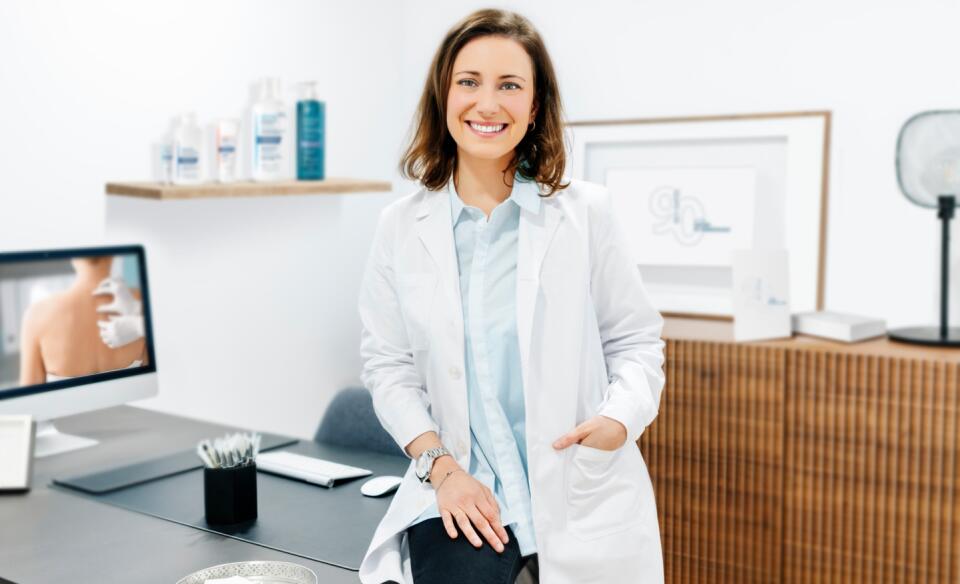-
Your concerns
Our articles to help you gain a better understanding
-
Our solutions
-
Ducray Dermatological laboratories

Acne complicates the daily lives of many teenagers and adults. Treatments are long, and only take effect after several weeks or even months; they suppress symptoms but do not prevent the return of spots when treatment is stopped if the disease is still active. Oral isotretinoin is highly effective but is reserved for the most severe acne cases and has several side effects. As it stands, there is no "miracle" solution for acne. However, you can get into the right habits to get the best out of acne treatment and get rid of spots.

Summary
Sport is a good way to let off steam, get some fresh air, deal with stress and even fight acne. Sport and acne are completely compatible, provided you take care of your skin before, during and after each session. In particular, towel dry your skin regularly and delicately, take a shower after your workout, protect yourself from the sun if the session is outdoors, and hydrate your skin before and after a session at the pool or the sea.
Hygiene is pivotal in the fight against acne. Using a soap that is too aggressive tends to dry out the skin: at first, the soap seems perfectly adapted and puts an end to the problem of oily skin, but beware of the rebound effect and the excess of sebum that is produced afterwards! Ideally, an anti-acne soap comes in the form of a gentle, purifying cleansing gel.
An anti-acne mask helps fight against excess sebum and shine, unblocking clogged pores, thereby limiting the appearance of new spots and soothing the skin in a single step. An acne mask should be used once or twice a week maximum, to avoid irritating the skin.
Teenagers and adults suffering from acne are often advised not to use makeup in order to let the skin breathe. But makeup is a great tool to camouflage a spot flare-up and improve self-confidence. The key is to choose makeup that is suitable for acne-prone skin. More specifically, you should look for the words "non-comedogenic" on the packaging.
A skin peel is a treatment performed by a doctor and consists of applying an acidic product to the skin to remove the superficial layers of the epidermis and dead cells. Skin peels help to fight against acne, especially in its retentional and scarring forms.
The pill contains hormones that can have a positive, neutral or negative effect on acne and spots. The doctor treating your acne may be able to suggest a pill that is more suitable for acne-prone skin.
Effectively fighting acne requires making efforts in all aspects of daily life, including diet. For a long time, deli meats and chocolate were the two food categories that were thought to most contribute to acne. Nowadays, various studies point to the influence of dairy products and foods with a high glycemic index. Until more is known, a good acne diet is a balanced one that emphasizes healthy, low-processed foods.
Generally speaking, acne and the sun are not friends; they’re enemies! The sun causes the skin to thicken and dry out, which can create the misleading impression that acne has improved and that spots have been eliminated. However, watch out for the rebound effect at the end of the summer, when sun exposure decreases! Thickened skin often promotes an acne flare-up, meaning you end up with more spots than you started with. Protecting yourself from the sun helps avoid skin reactions related to photosensitizing anti-acne treatments and avoids sun acne, i.e. a flare-up of spots directly caused by the sun.
Zinc is an essential trace element for the skin. Optimizing your zinc intake helps you to fight skin inflammation and get rid of acne. Zinc is found in foods such as oysters, as well as in several medicines and food supplements. Before starting zinc treatment to fight acne, we recommend seeing your doctor or pharmacist.